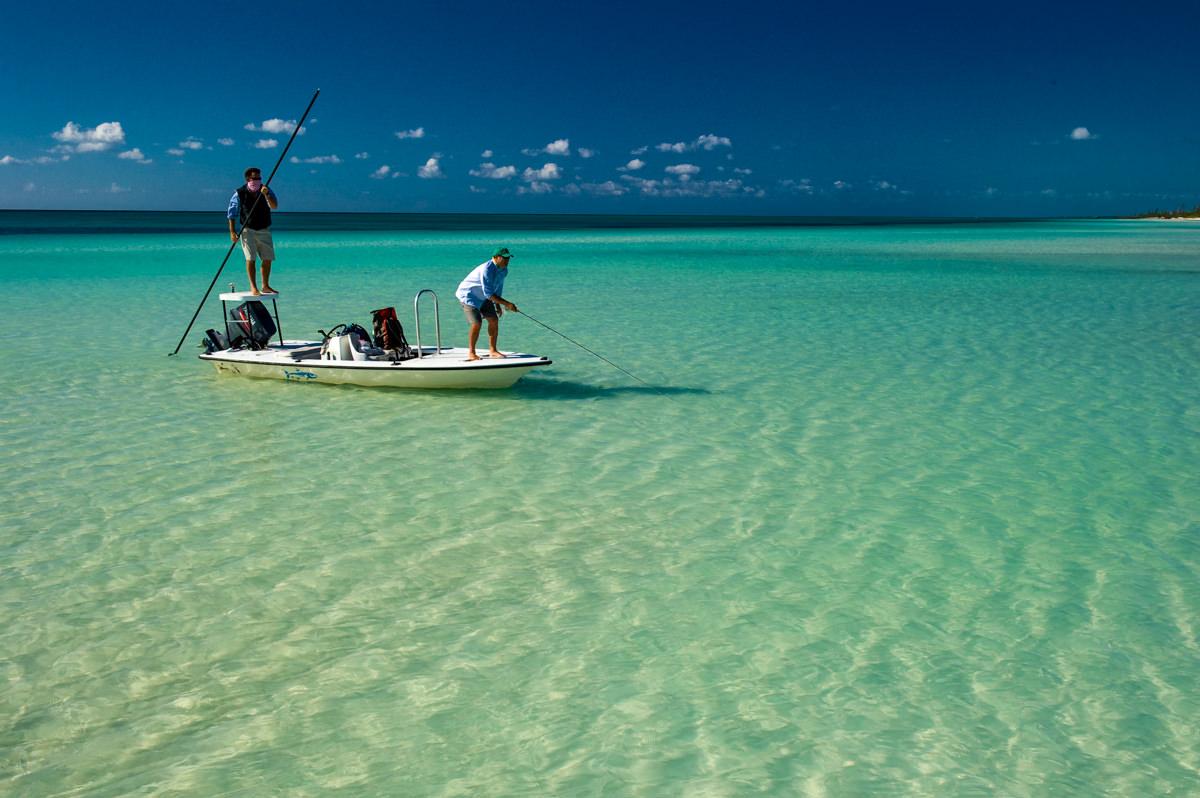Bahamas Moves to Protect Fly Fishing Industry

For the first time The Bahamas’ fly fishing industry will have regulations to help sustain one of the country’s most popular sports.
The regulations, which come into effect on January 9, 2017, will establish a regulated fly fishing industry in The Bahamas.
It was the culmination of months of work between the Bahamas Ministry of Agriculture and Marine Resources and the Bahamas Ministry of Tourism with public consultation.
Deputy Director General in the Ministry of Tourism Ellison ‘Tommy’ Thompson said “both the public and private sectors collaborated extensively on the new legislation with the aim of sustainable development of the fly fishing sector”.
“Our aim was to make the industry sustainable for those working in the sector and for those enjoying the natural environment and sporting activities of The Bahamas.”
The regulations will require anglers above the age of 12, who wish to fish in the flats, to apply for a personal angler’s license and pay a prescribed fee. Non-citizens must pay $15 for a day license, $20 for a weekly license, $30 for a monthly license and $60 for an annual license.
The regulations will also require a foreign vessel wishing to fish in the flats to obtain the usual sports fishing permit and each person on the vessel intending to flats fish to hold a personal license.
The regulations also ban commercial fishing in the flats. Anglers are only allowed to catch and release when catching bonefish, permit, snook, cobia and tarpon.
The new law will also establish a Conservation Fund for the management and protection of the flats and fisheries resources in The Bahamas.
Director of Domestic Tourism Jacqueline Ramsey said the regulations will allow anglers the world over to continue to enjoy The Bahamas for decades to come.
“In our collaboration with the Ministry of Agriculture and Marine Resources we sought not only to establish a regime regulating fly fishing, but one that protected the industry,” she said. “Millions of visitors come to our islands each year to fly fish, be it for bonefishing, deep sea fishing or live bait fishing. We want to make it so that the industry is more transparent and that our fish stocks and our local guides are protected.”